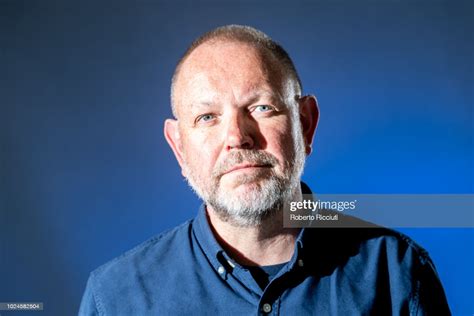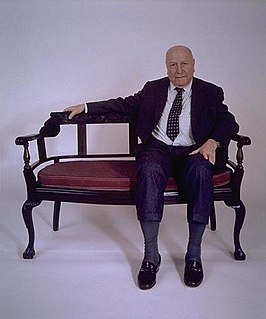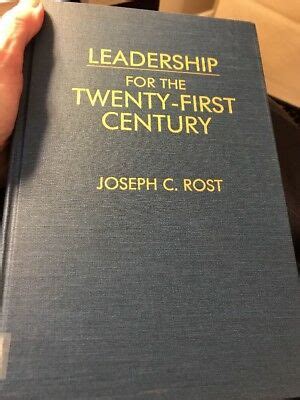A Quote by Nassim Nicholas Taleb
I'd rather have the market tell us what - I'd rather have events precipitate events, rather than just sit there like passive people in Washington.
Related Quotes
Taking the things people do wrong seriously is part of taking them seriously. It’s part of letting their actions have weight. It’s part of letting their actions be actions rather than just indifferent shopping choices; of letting their lives tell a life-story, with consequences, and losses, and gains, rather than just be a flurry of events. It’s part of letting them be real enough to be worth loving, rather than just attractive or glamorous or pretty or charismatic or cool.
But I'd rather help than watch. I'd rather have a heart than a mind. I'd rather expose too much than too little. I'd rather say hello to strangers than be afraid of them. I would rather know all this about myself than have more money than I need. I'd rather have something to love than a way to impress you.
Christian morality (so called) has all the characters of a reaction; it is, in great part, a protest against Paganism. Its ideal is negative rather than positive; passive rather than action; innocence rather than Nobleness; Abstinence from Evil, rather than energetic Pursuit of Good: in its precepts (as has been well said) "thou shalt not" predominates unduly over "thou shalt.
Leadership is the name that people use to make sense out of complex events and the outcomes of events they otherwise would not be able to explain. In other words, people attribute leadership to certain individuals who are called leaders because people want to believe that leaders cause things to happen rather than have to explain causality by understanding complex social forces or analyzing the dynamic interaction among people, events, and environment.
A person's life consists of a collection of events, the last of which could also change the meaning of the whole, not because it counts more than the previous ones but because once they are included in a life, events are arranged in an order that is not chronological but, rather, corresponds to an inner architecture.




































